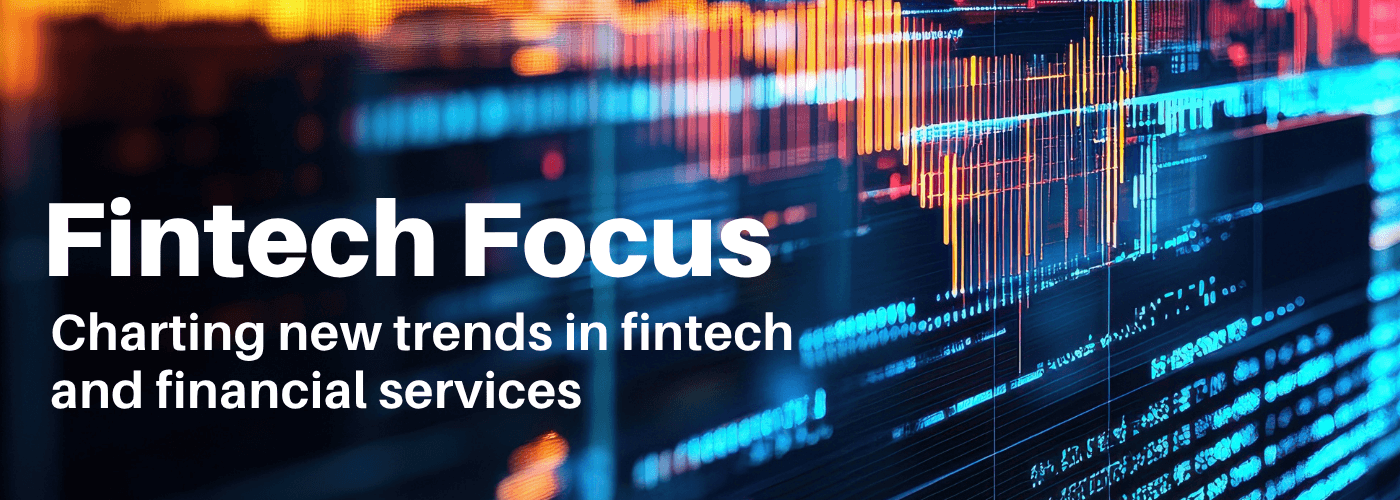Nowadays almost every industry has been upended, both positively and negatively by the mainstream use of AI. Fintech is no different.
![]()
Artificial intelligence (AI) has the power to uplift a sector, giving the people at its core the opportunity to work with the technologies that, for the moment, are completely changing how we do things. The fintech industry, like virtually every sector in the STEM space, is being remoulded by advanced technologies, but in what ways?
Job loss or opportunity?
It isn’t novel to suggest that there has been an increase in the level of anxiety experienced by modern-day professionals, as advanced technologies continue to pose a risk to employment status. Whilst AI is still relatively in its infancy and advancements are being made every day, the technology is capable of reducing and even eliminating jobs.
Research indicates that professionals in people-facing finance roles, support positions and consultancy among others, are more likely to see their jobs diminished or lost due to AI. But it isn’t all bad news. Research also shows that AI has created an opportunity for forward-minded career goers to embrace modernity and continuous learning.
The transformation of the sector is a great motivator for people interested in upskilling, especially in new and emerging areas focused on fraud detection, risk assessment, data analysis, machine learning, data literacy and AI fundamentals.
Advanced security
With skills related to security in mind, artificial intelligence has resulted in a finance landscape that is significantly more vulnerable than it was before the advent of generative technologies.
While AI is at the root of many of the challenges faced by finance and more specifically fintech professionals and organisations, it is also ironically the answer in some cases.
Artificial intelligence has the power to combat fraud and malicious activity in a number of areas, primarily by using pattern recognition software, real-time alerts, enhanced user authentication and user identification tools.
Additionally, changes in security requirements are also increasing the need for robust compliance and regulatory policies, revolutionising how companies and institutions carry themselves on a larger scale.
As businesses are held to a higher standard, an understanding of AI ethics and legal consequences is becoming a must have for stakeholders. Furthermore, employers and owners are navigating a growing list of requirements that encourage transparency, data privacy, bias awareness and accountability.
Start-up innovation
While the mass digital transformation of the fintech sector has resulted in a range of disruptive, even negative events, such as the aforementioned AI-driven layoffs and job worry, it has also created more opportunities for start-ups looking to innovate in an evolving sector.
By harnessing the potential of AI, start-ups in fintech and the wider finance ecosystem have the technology needed to work creatively and develop alternatives to the more traditional banking and financing methods.
A great example is the growing popularity of embedded finance apps which enable modern organisations to integrate financial services, such as payment options, lending and banking services, into their systems. Neobanks are another emerging business that require a depth of skill, experience and technological resources, alongside creative and forward thinking leadership.
Data-based decisions
AI is known for its ability to take large quantities of complex data and relaying it in a clear and concise manner, in a way and at a speed that a human professional likely never could. Artificial intelligence has empowered people in the fintech space to make data-driven decisions on topics that often carry real world weight.
Moreover, it has enhanced productivity, created more realistic outlines of how well an organisation or institution is performing and given fintech leaders a greater understanding of shifting domestic and global markets.
When it comes down to it, AI in any sector, be it fintech or otherwise, is going to pose a risk. Great advancements always do. But if the people who are calling the shots and driving innovations forward are informed, ethical and excited about the possibilities, then the revolution doesn’t have to end tragically.
Don’t miss out on the knowledge you need to succeed. Sign up for the Daily Brief, Silicon Republic’s digest of need-to-know sci-tech news.
